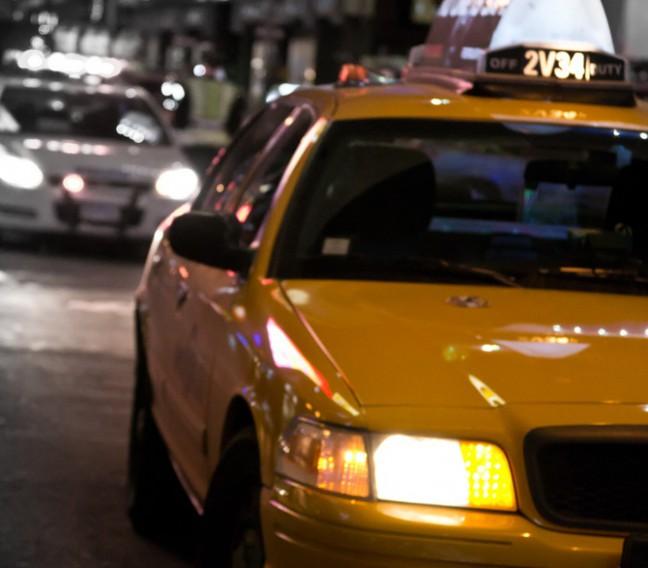Watch out, Madisonians: There’s a new outlaw in town, and Mayor Paul Soglin is determined to play sheriff.
“This is not the Wild West … Uber and Lyft refuse to meet these standards and to date refuse to respect Madison Ordinance, choosing to muscle their way into the Madison market,” Soglin declared in a meeting early this month.
But if you’ve gotten a ride from smartphone-based Lyft or Uber in Madison, you’ve caught a glimpse of what taking a taxi should look and feel like in the near future. That is, if city officials in Madison can rework existing ordinances to foster and promote innovation. Unfortunately, if the Soglins of the world had their way, we’d still be calling cabs on pay phones.
As cities across the nation grapple with how to define and regulate rideshare companies, Soglin (who drove a cab in the 1960s) has taken an uncompromising stance against the apps, refusing to even open the conversation about updating city ordinances.
Soglin has aligned himself with cab drivers, saying the services refuse to operate under the regulatory structures taxis do, which include licensing fees, availability of 24/7 service and uniform appearance for all cars in a taxi fleet.
They also object to the way in which these market entrants use “surge pricing” — raising fares when demand is high — whereas licensed taxicab services are required to file their rates with the city and may not charge any other rate.
While some of these regulations are essential for safe transportation in the city, others are outdated. The antiquated 24/7 rule — implemented when the city was much smaller — is unsurprisingly one that Soglin seems adamant in his refusal to discuss. He says allowing new rideshare services to operate outside this requirement gives them an unfair advantage with the ability to work during only profitable hours.
Instead of being hopelessly obstructionist, Soglin should consider that while rideshare companies — and his precious cab companies — provide a quasi-public service, they are also private entities that look to generate profit. The city should do away with this regulation for cabs and peer-to-peer vehicle companies alike.
There’s also a lot more room for compromise than Soglin seems to think. Companies like Uber and Lyft wouldn’t be hit too hard if they were required to obtain licensing fees, and they could easily comply with background checks.
Regardless, Soglin still clings to old regulations that protect cab companies from competition. The introduction of these services in the city won’t mean the end of traditional cab companies. Some people will prefer to take a normal cab, while others will opt for more modern services like Lyft and Uber.
Luckily, not everyone in Madison’s city government is as out of touch and close-minded as Soglin. Ald. Scott Resnick, District 8, has plans to propose a new ordinance by the end of the month that will hopefully establish a middle ground in regulating these new rideshare services.
Working through how to incorporate new technologies in a growing city with antiquated ordinances is nuanced and difficult. But other cities are adapting, and if Madison wants to be a Midwestern tech hub, it can’t afford to have its mayor taking such an uncompromising stance on new business models.
Before Lyft and Uber came to town, Madison cabs had no reason to innovate. If their monopoly in the city is allowed to continue and rideshare services are forced out, they’ll still have no reason to make updates.
If Soglin wants Madison to be a city that attracts new services for its citizens, he and other city officials must make a good-faith effort to compromise.
Soglin is clinging to the rules of old under a guise of safety and fairness.
Or maybe he just wants to have the biggest mustache in town.
[Photo by Flickr user Darren Johnson]








